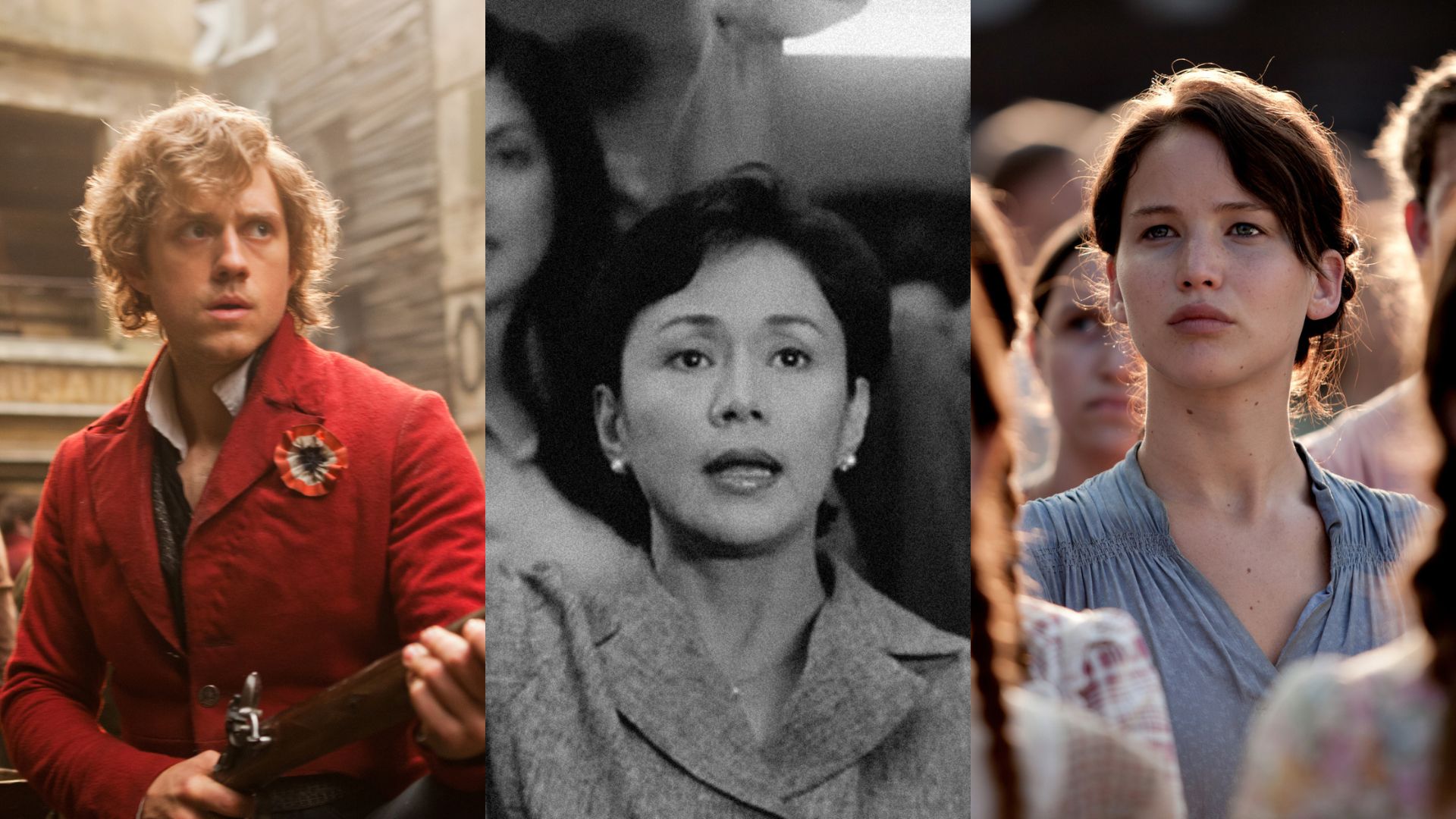In 1986, nearly two million Filipinos across social classes gathered together at the Epifanio de los Santos Avenue (EDSA) in a historic stand against the dictatorship of the late President Ferdinand Marcos Sr.
Unlike any other revolutions marked by violence, the EDSA People Power Revolution was a peaceful, non-violent movement. Protesters used creative and symbolic acts of resistance as they sang, danced, and formed human barricades to block military forces, showing that unity and defiance could triumph over oppression.
The four-day uprising (Feb. 22-25, 1986) became a defining moment in Philippine history, bringing an end to Marcos Sr.’s 20-year dictatorship. Facing immense pressure, he and his family reportedly fled to Hawaii, marking the fall of his regime.
39 years later since then, EDSA I has been remembered as a monumental and disciplined revolution—one that echoes the themes of resistance, defiance, and the fight for freedom, much like the most iconic uprisings in pop culture.
Here are five of the most unforgettable symbolic and iconic rebellions in film and television that mirror the spirit of EDSA:
The Hunger Games — The Role of Ordinary Citizens in a Revolution

The hit movie adaptation of Suzanne Collin’s The Hunger Games showcases a series of similarities to the resistance and revolution of EDSA People Power Revolution. However, unlike EDSA, The Hunger Games rebellion involved violence but, in essence, both revolutions relied on the power of unification rather than brute force.
In the story, while the neglected District 13 had armories and weapons, their real strength was in their ability to unite the oppressed districts against President Snow’s rule. Similarly, EDSA succeeded because Filipinos across backgrounds. Students, clergy, different social classes, etc. came together for a common cause: justice and freedom.
The Book Thief – The Power of Words in a Revolution

Another book to screen adaptation, authored by Markus Zusak, highlights how controlling information is a dictator’s strongest weapon—mirroring how Marcos Sr.’s Martial Law suppressed the press, censored dissent, and spread propaganda.
Just as the protagonist Liesel Meminger steals and reads banned books, sharing it to her peers to keep the truth alive, Filipinos have also relied on underground newspapers, citizen journalism, and the broadcasting tactic of the Catholic-based network Radyo Veritas to defy the Marcos regime’s grip on information.
The dictatorship burned records books, silenced journalists, and jailed critics, but words still found a way to inspire hope, proving that knowledge and truth are powerful weapons against oppression.
The Book Thief warns us that history can be manipulated by those in power but it also reminds us that it can also be reclaimed by those who fight for the truth.
Les Misérables – A Revolution’s Legacy

The 2012 movie about the Paris uprising in 1832, which is a film adaptation of Victor Hugo’s book with the same title, depicts idealistic young revolutionaries’ dream of justice, equality and a better future, much like how Filipino youth activists risked their lives to fight against Martial Law.
The musical-film shows that revolutions are not always instant victories; change takes time and sacrifices must be made.
The true impact of revolution isn’t measured by its immediate success, but by how it shapes future generations to keep fighting for freedom, truth, and justice.
Schindler’s List – The Role of Moral Resistance

Schindler’s List, which depicts the Holocaust Resistance during the German occupation, highlights moral resistance and the idea that even in the darkest times, individuals can choose to do what is right.
While EDSA I was not about genocide, it was about fighting an oppressive system that dehumanized and silenced people.
Just as Oskar Schindler used his privilege to save Jewish lives, many Filipinos—priests, journalists, common folks—secretly worked against the regime, risking their lives with hope for change and justice.
Schindler’s List reflects that not all revolutions are fought with guns and violence, some are won through discreet acts of defiance, courage, and humanity.
Dekada ‘70 – A Parallel Revolution

Chito S. Rono’s 2002 film Dekada ‘70 (The ‘70s), which is a novel by the late Filipino writer Lualhati Bautista adapted into historical film drama, is a direct reflection of life under the Marcos dictatorship, showing how political unrest affected ordinary families and Filipinos.
The story revolves around the Bartolome family in which their sons represent different forms of resistance: one becomes an activist, another a writer, and one falls victim to military brutality, mirroring the struggles of real Filipinos.
Amanda Bartolome’s character transformation from a passive mother to an empowered woman mirrors how many Filipinos who once stayed silent found the courage to stand up against misused power and control.
Unlike fictional stories of rebellion, Dekada ‘70 is based on real stories of oppression and resistance, making it one of the most accurate portrayals of the road to the Philippines’ People Power in 1989.
Whether in history or fiction, oppressed people rising against tyranny is a universal theme. The People Power Revolution wasn’t just a political event; it was a cultural shift, proving that the odds are in favor of change being possible when citizens stand together for a greater and holistic purpose.
Never forget that hope is stronger than fear.




